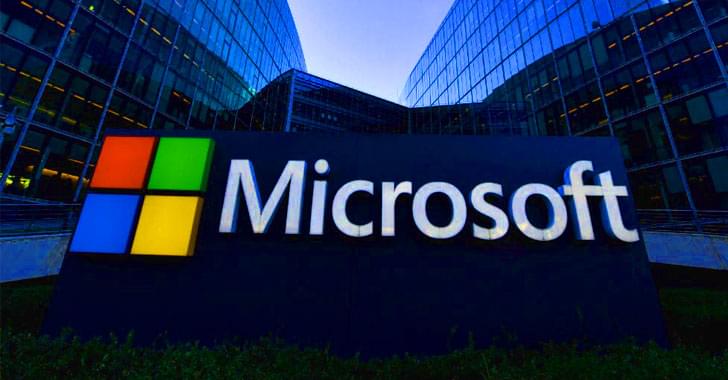Microsoft this week confirmed that it inadvertently exposed information related to thousands of customers following a security lapse that left an endpoint publicly accessible over the internet sans any authentication.
“This misconfiguration resulted in the potential for unauthenticated access to some business transaction data corresponding to interactions between Microsoft and prospective customers, such as the planning or potential implementation and provisioning of Microsoft services,” Microsoft said in an alert.
The misconfiguration of the Azure Blob Storage was spotted on September 24, 2022, by cybersecurity company SOCRadar, which termed the leak BlueBleed. Microsoft said it’s in the process of directly notifying impacted customers.





